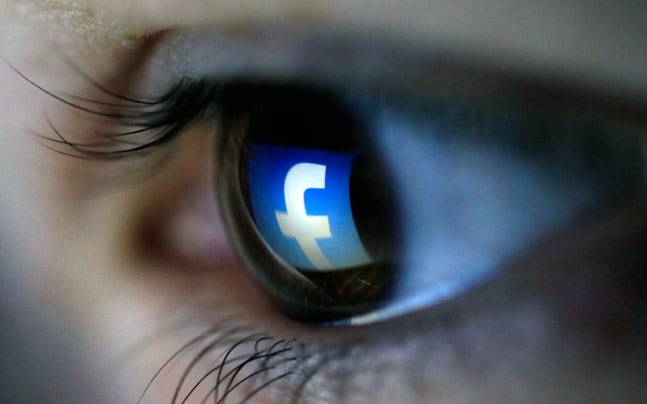-
Tips for becoming a good boxer - November 6, 2020
-
7 expert tips for making your hens night a memorable one - November 6, 2020
-
5 reasons to host your Christmas party on a cruise boat - November 6, 2020
-
What to do when you’re charged with a crime - November 6, 2020
-
Should you get one or multiple dogs? Here’s all you need to know - November 3, 2020
-
A Guide: How to Build Your Very Own Magic Mirror - February 14, 2019
-
Our Top Inspirational Baseball Stars - November 24, 2018
-
Five Tech Tools That Will Help You Turn Your Blog into a Business - November 24, 2018
-
How to Indulge on Vacation without Expanding Your Waist - November 9, 2018
-
5 Strategies for Businesses to Appeal to Today’s Increasingly Mobile-Crazed Customers - November 9, 2018
Having More Than 300 Facebook Friends Causes Stress In Teens
The team explained that cortisol levels were not completely dependent of the social media usage that the teenagers had. They were meticulously perused and were asked to report their Facebook behavior and etiquettes including the number of hours they spend on the site as well as the quality of time and activities they usually conduct.
Advertisement
In a new research led by Professor Sonia Lupien, researchers from the Institut universitaire en santé mentale de Montréal and the University of Montreal, it was found out that having over 300 “friends” on Facebook causes stress in teenagers.
The effects of extended Facebook usage have been studied in previous studies as well and although Lupien’s research did not investigate the teenager’s risk of developing depression, other recent studies have shown that a few negative effects may exist from using the social media page. The study paper speculates that online popularity could lead to peer pressure on the social media. The samples were taken four times a day over a period of four days.
The results demonstrated that teenagers with more than 300 Facebook friends exhibited signs of amplified cortisol.
“While other important external factors are also responsible, we estimated that the isolated effect of Facebook on cortisol was around eight per cent”, Lupien said. Teenagers who “liked” their friends’ posts and expressed appreciation had lower cortisol levels.
The researchers admitted stress levels could be boosted by other day-to-day experiences other than Facebook.
Study authors didn’t conduct a study on people who have more than 1,000 or 2,000 friends but they assume that their cortisol levels and risk of depression may be even higher. The same team found that supporting friends in the form of likes and supportive comments decreases their cortisol levels.
Researchers tested participants for several personality and well-being measures, including stress reactivity, openness, self-discipline, extraversion, compassion, emotional stability, self-esteem, and depressive symptoms.
Studies earlier have revealed that it may take more than a decade for the effects of elevated levels of cortisol-like depression to appear.
In fact, readers of self-help books are more sensitive to stress and show more depressive symptoms than those who don’t read such literature, a new study from the University of Montreal has found.
Advertisement
This is just one of the many recent studies giving weight to the emerging field of cyberpsychology, or social media’s impact on mental health.





























